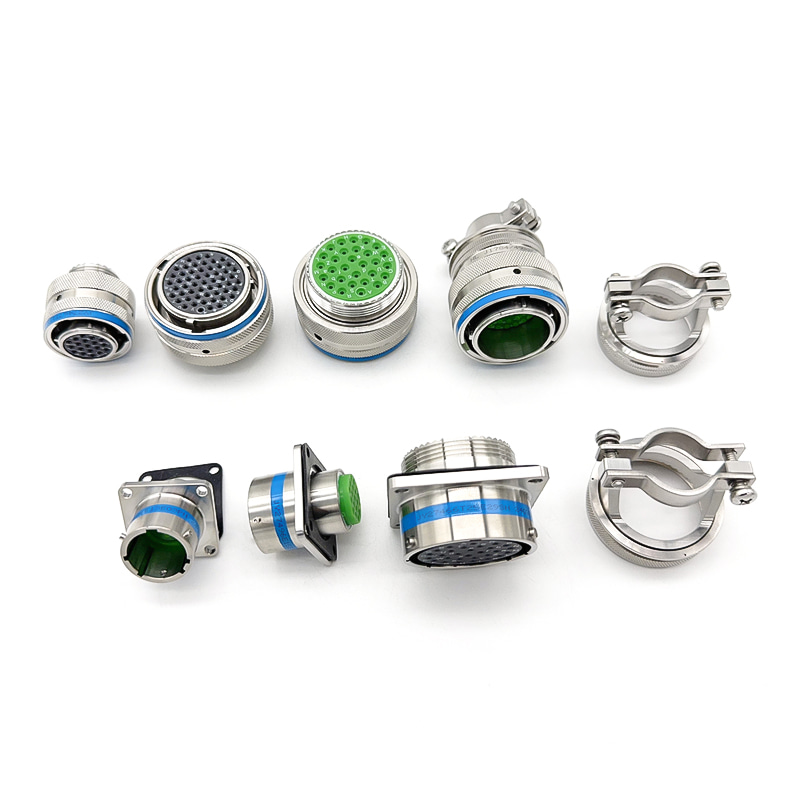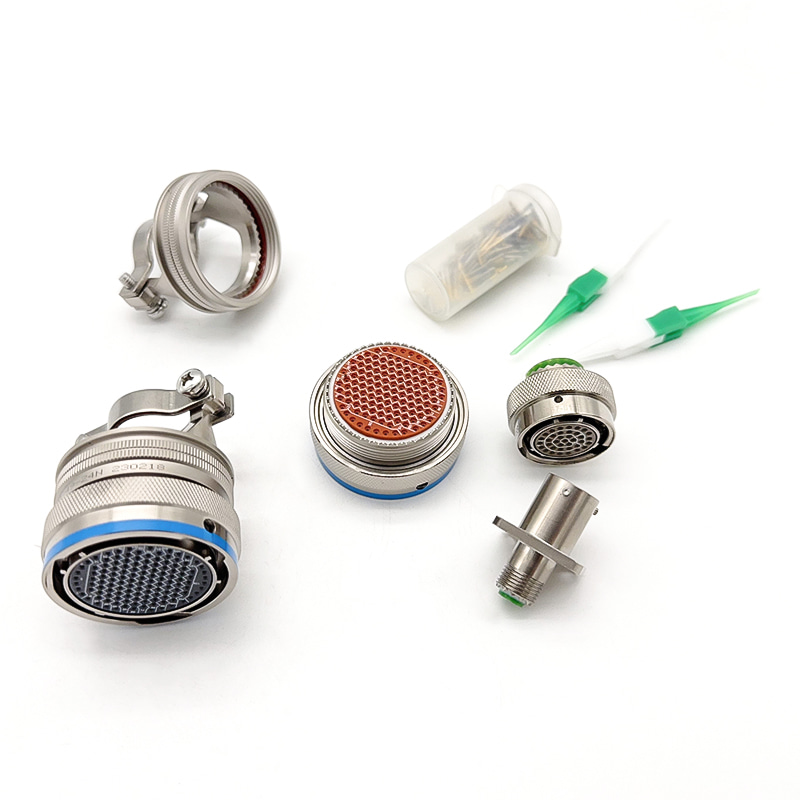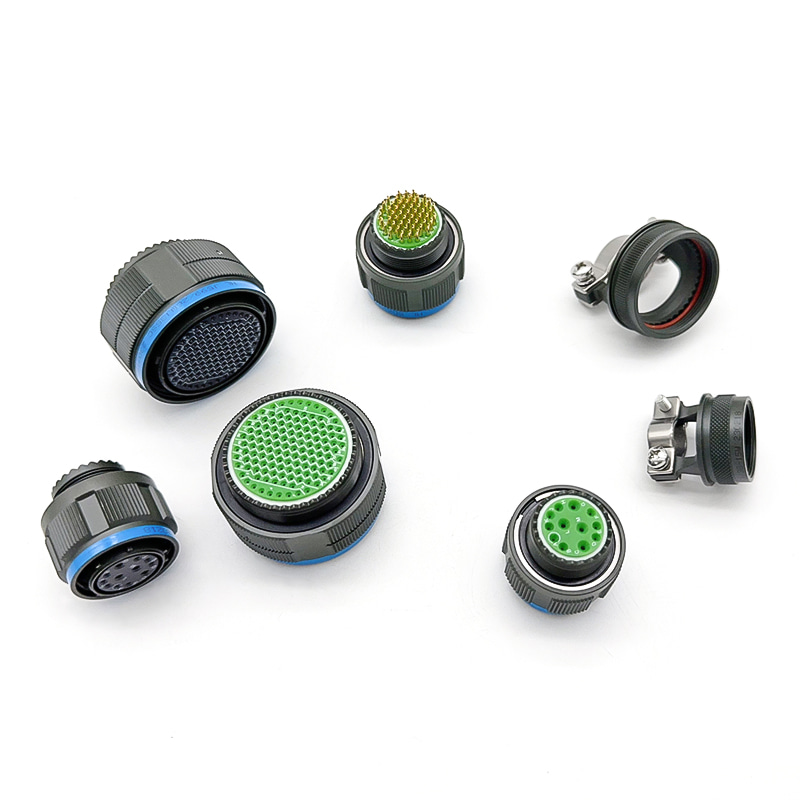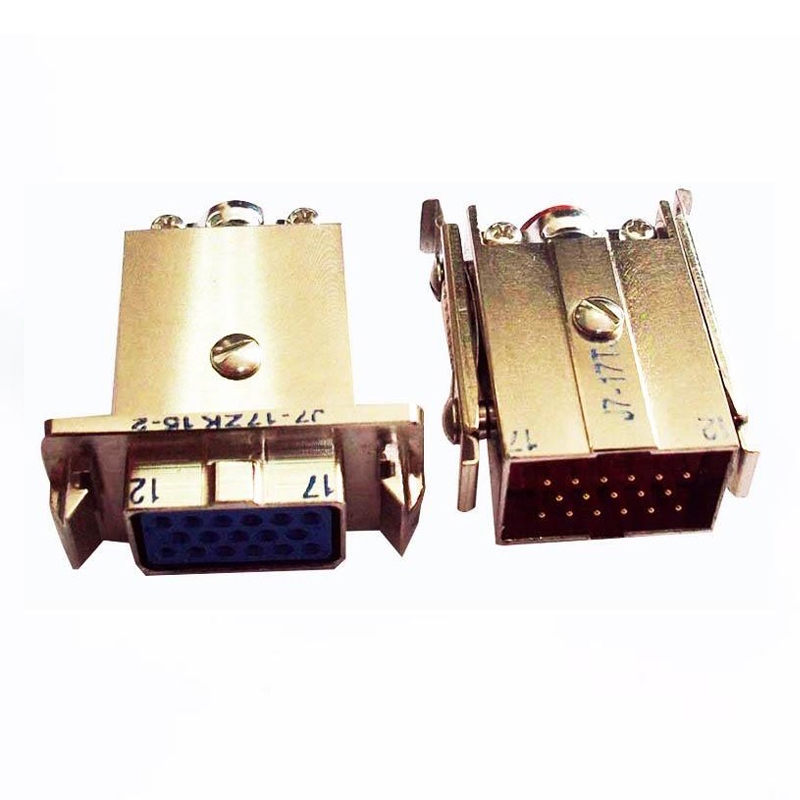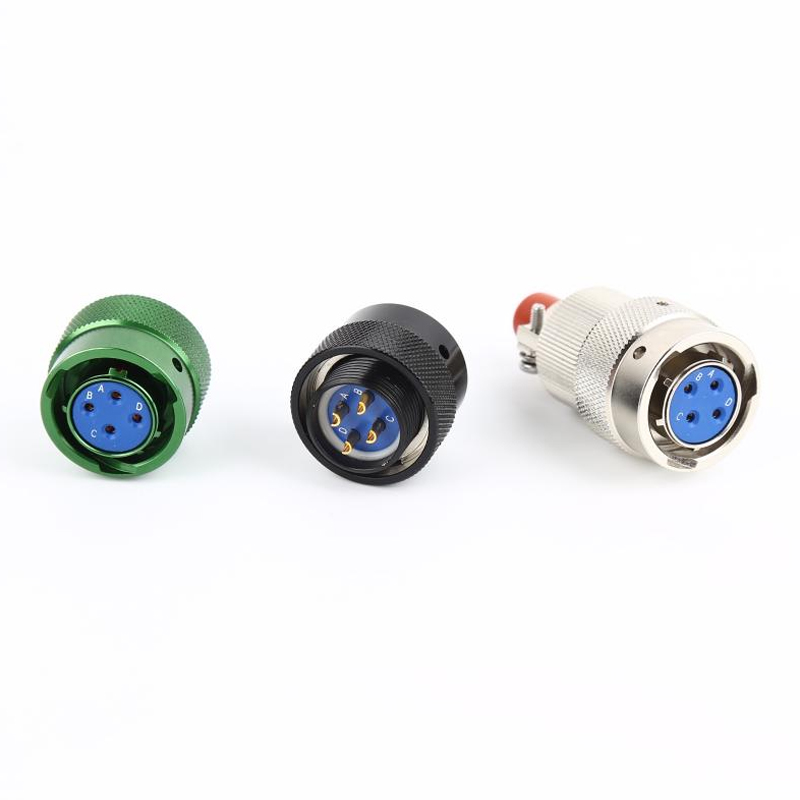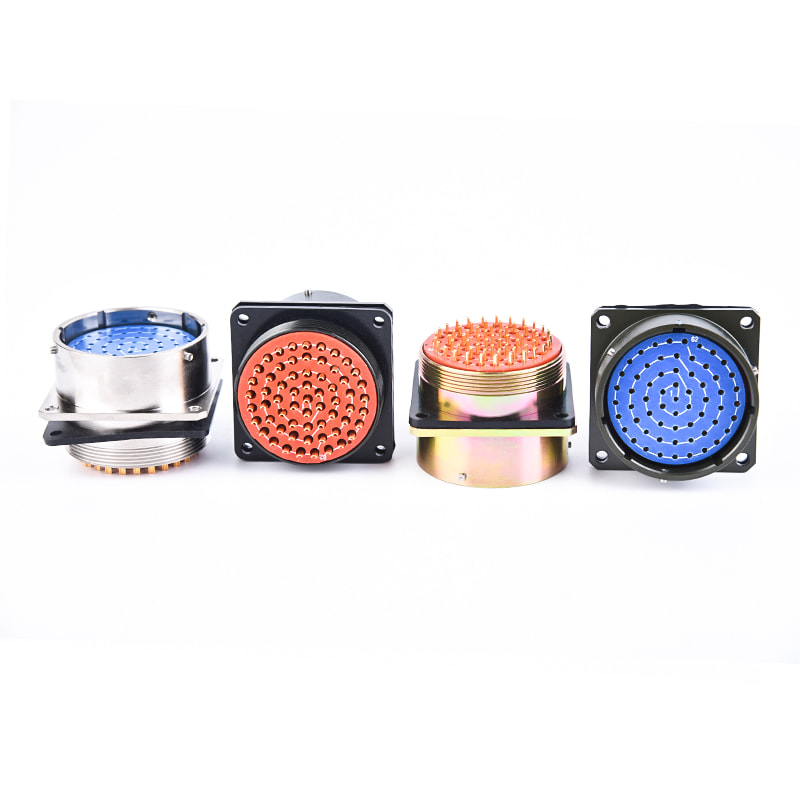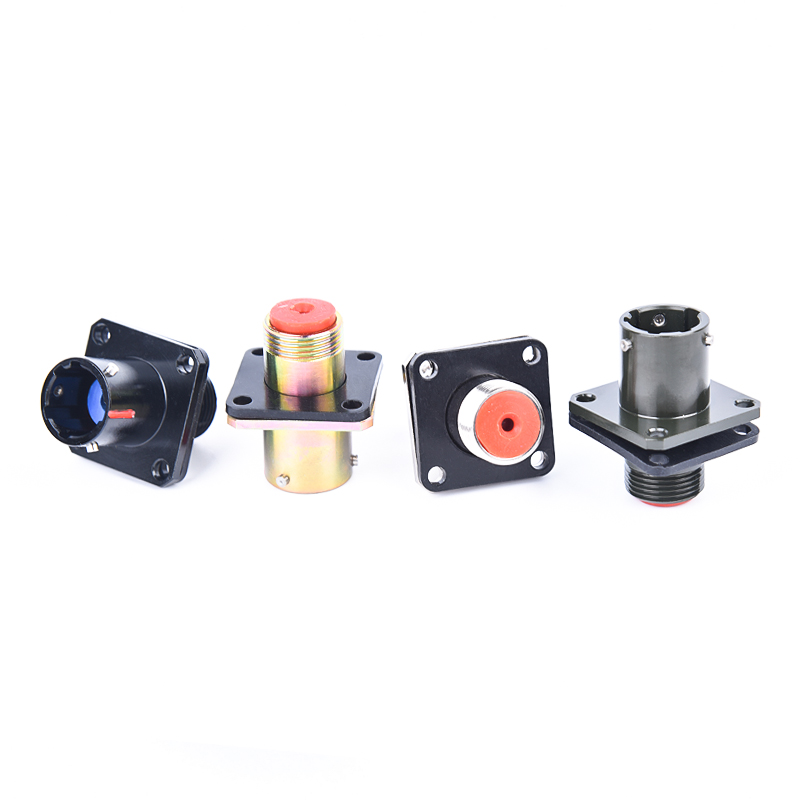- Home
- Products
- Solutions
- Quality
- Company
- Insight
- Contact
Web Menu
- Home
- Products
- Solutions
- Quality
- Company
- Insight
- Contact
Product Search
Exit Menu
Rectangular Electrical Connector: A key component driving industrial automation
-
All News
Product
- - Military Electrical Connectors
- - Circular Electrical Connector
- - Rectangular Electrical Connector
- - Push Pull Self-Locking Connector
- - Russian Connectors
- - Cable Connectors
- - RJ45 and USB Electrical Connectors
- - Fiber Optic Electrical Connectors
- - Anti Water And Electricity Connectors
- - Circular Power Connector
Rectangular Electrical Connector: A key component driving industrial automation
1. Basic characteristics of rectangular electrical connectors
Rectangular Electrical Connectors, with their rectangular appearance design and multi-contact point structure, provide stable and reliable signal and power connections for industrial automation systems. They are usually manufactured using high-precision processing technology and high-quality metal materials to ensure the durability and signal transmission performance of the connector in long-term operation. Rectangular electrical connectors also have a variety of sizes and specifications to meet the connection needs of different industrial automation equipment.
2. Application scenarios of rectangular electrical connectors in industrial automation
1. Automated production lines
On automated production lines, Rectangular Electrical Connectors are widely used to connect key components such as sensors, actuators, and controllers. These components use rectangular electrical connectors to achieve accurate signal transmission and stable operation of equipment. The sensor transmits the detected signal to the controller through the rectangular electrical connector, and the controller then accurately controls the actuator according to the signal, thereby achieving stable operation of the automated production line.
2. Industrial control systems
Rectangular electrical connectors also play an important role in industrial control systems. They are used to connect devices such as PLCs (programmable logic controllers), human-machine interfaces (HMIs), sensors, and actuators to achieve data exchange and command transmission in industrial control systems. Through rectangular electrical connectors, PLC can receive signals from sensors and control actuators according to preset programs, thereby achieving precise control of industrial processes.
3. Robotic system
In robotic systems, rectangular electrical connectors are used to connect various components and sensors of the robot. These connectors need to withstand the vibration and impact of the robot's movement while ensuring stable signal transmission. The high density and reliability of rectangular electrical connectors make them an ideal choice for robotic systems.
4. Monitoring and diagnostic systems
Industrial automation systems also include various monitoring and diagnostic devices, which are connected to the main control system through rectangular electrical connectors. Rectangular electrical connectors can ensure accurate transmission of monitoring data, thereby achieving real-time monitoring and fault diagnosis of industrial automation systems.
III. Advantages of rectangular electrical connectors in industrial automation
1. High reliability
Rectangular electrical connectors use high-quality materials and advanced manufacturing processes to ensure their high reliability in industrial automation systems. Even in harsh industrial environments, rectangular electrical connectors can maintain stable connections and signal transmission.
2. Easy to install and maintain
The design of rectangular electrical connectors makes them easy to install and maintain. They usually use standardized interfaces and sizes, making the installation process easier and faster. Rectangular electrical connectors also have the characteristics of easy disassembly, which is convenient for maintenance and replacement when necessary.
3. Good electrical performance
Rectangular electrical connectors have good electrical properties, including low contact resistance, high insulation resistance and anti-electromagnetic interference ability. These properties ensure the stable transmission of signals and the normal operation of equipment in industrial automation systems.
4. High density and flexibility
Rectangular electrical connectors have the characteristics of high density and flexibility, which can meet the connection needs of different components and equipment in industrial automation systems. They can be customized according to actual needs to adapt to various complex industrial automation application scenarios.
4. Development trend of rectangular electrical connectors in industrial automation
With the continuous development of industrial automation technology, rectangular electrical connectors are also constantly innovating and upgrading. In the future, rectangular electrical connectors will pay more attention to the development of miniaturization, lightweight, high speed and intelligence. In order to meet the higher requirements of industrial automation systems for data transmission speed, reliability and security, rectangular electrical connectors will adopt more advanced materials and manufacturing processes to improve their performance and quality.

- Address : Jiangping South Road, Zhangqiao Industrial Park, Taixing City, Jiangsu Province, China
- Phone : +86 176 0151 5794
- Whatsapp : +86 176 0151 5794
- Email :[email protected]
- Email :[email protected]
- Home
- Products
- Solutions
- Quality
- Company
- Insight
- Contact
Copyright © Taizhou Henglian Electric Co., Ltd China Custom Electrical Connectors Manufacturers

 English
English русский
русский Español
Español 简体中文
简体中文